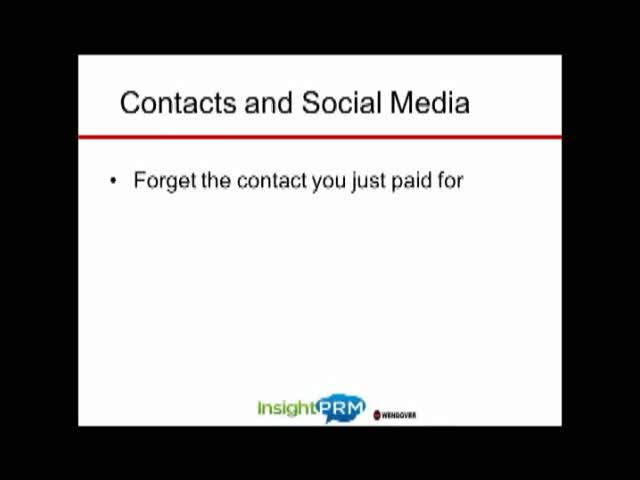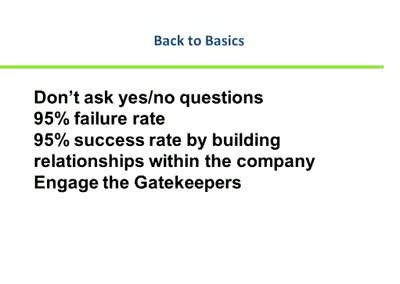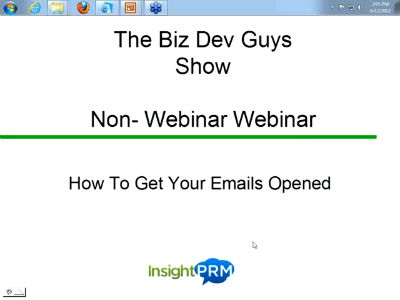Daily Steal: Does Daily Deal Marketing Help Or Hurt?
by Shannon F.

Pretty much everyone is familiar with sites like Groupon or Living Social. With product offerings ranging from half-price restaurant meals to impossibly cheap vacations, these daily deal sites are a great place for consumers to try something new with decreased financial risk. But if you’re in the dining, entertainment, or hospitality business, you probably have a love-hate relationship with daily deals. We’ll break it down for you and help you figure out whether this marketing strategy should be part of your business plan.
How daily deals work
A business participating in a daily deal offers their product or service at a discount, usually around 50% off. For example, a consumer might purchase $100 worth of food at a restaurant for $50. The daily deal site typically takes half the profit, which means the restaurant only gets $25 out of the deal. However, each daily deal has a required minimum number of buyers (putting the “group” in Groupon), in order to guarantee a certain amount of revenue to the business running the deal. If the restaurant in the above example requires 100 purchases in order for the deal to go through, they are guaranteed $2500. Otherwise, the deal is off.
Do restaurants lose money on daily deals?
In some cases, yes. Operating expenses are often high for restaurants, and profit margins tend to be narrow. In a recent study, over 26% of businesses lost money from running a daily deal, and about 18% reported just breaking even. There’s the chance that customers could spend over the coupon amount, but just a little over 1/3 of daily deal users reported doing so.
Should I run a daily deal?
Based on the stats above, running a daily deal sounds like a big financial risk. That may be true, but sites like Groupon, Living Social, and OpenTable are great for one thing: inspiring a new dining habit. If you’re confident that customers will love what you have to offer and will become regular visitors to your establishment, coupon or no coupon, a daily deal may be a great way to put your restaurant’s name out there and get patrons in the door. (By the way, though we use restaurants as an example, the same applies to spas, fitness classes, and other services regularly found on daily deal sites.)
Just under 20% of daily deal users come back for a full-price purchase. If you create an unforgettable experience on their first visit, you can beat that average. Sure, some daily deals users are just looking for their next cheap meal, but plenty of people are interested in finding their new local favorite. A daily deal offers a low-risk “trial,” and if they like what you’re doing, they’ll be back.
When running a daily deal doesn’t help:
If you’re trying to save a restaurant or business that is failing for reasons such as poor-quality food and service, running a daily deal probably won’t help. The point of a daily deal is to drive interest and awareness, bringing in a crowd that will spread the word about your great food and friendly staff. It’s not a way to make a quick buck – remember, nearly half of restaurants report losing money or just breaking even after running a deal.
Pay attention to customer feedback both in person and on social media. If you’re seeing the same complaints over and over, you may need to make some dramatic changes before running a daily deal. And you can be sure that customers will read your Yelp reviews before clicking “buy.”
The bottom line
Daily deals can be a great way to introduce your new restaurant to the world and create buzz, even if your PR budget is low. But one-time visitors won’t help you. It’s up to you to create an unforgettable experience and engage customers to create a dining habit. To learn more, sign up for our free webinar: Daily Deal or Daily Steal: Choosing a Restaurant Marketing Platform That Pays.









